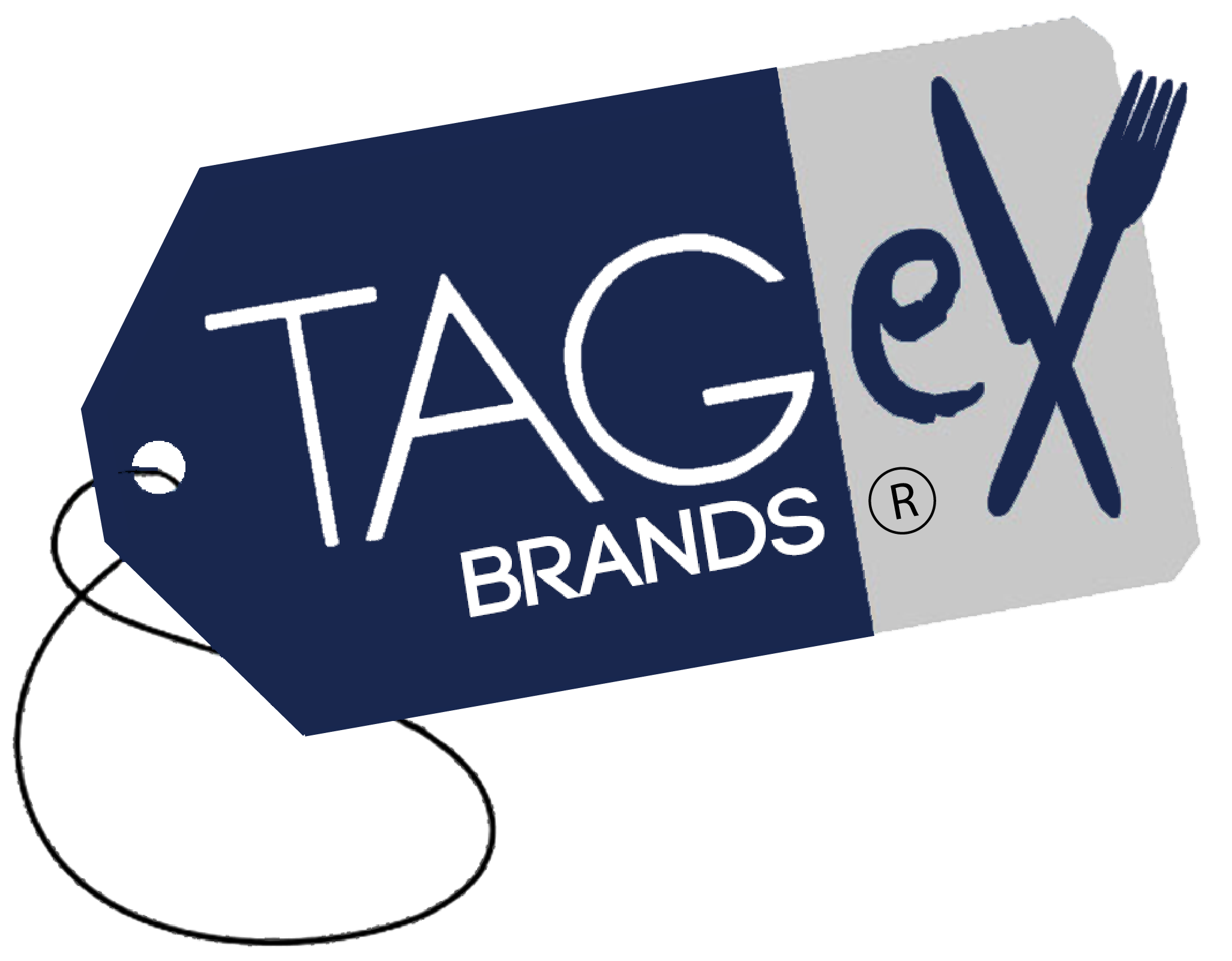Neal Sherman is the founder and President of TAGeX Brands, a global firm that creates marketplaces for surplus equipment, inventory, and other assets. With a sound foundation in the food industry, TAGeX has expanded into other sectors and focuses on generating return on assets and reducing waste. TAGeX Brands connects buyers and sellers in a common marketplace. The industries served include retailers, restaurants, grocery chains, manufacturers, distributors and convenience stores.
For over thirty years, TAGeX and its affiliated firms have helped clients deal with the challenges of growth, transition, and decline. Serving up to 35,000 locations per year, TAGeX has been a pioneer in the outsourcing of equipment and facility transitions. The firm boasts a multitude of sales channels that serve clients and customers across the nation.
What You Will Learn in This Episode:
- Neal’s perspective on the hospitality and food industries amidst the global crisis
- What the pandemic has done to the restaurant and hospitality industries, and what it will look like when we come out on the other side
- Strategies that businesses in the hospitality and restaurant industries can use to thrive during this crisis
- How restaurants are adapting to the limitations of lockdown
- Some of the initial rollout contingencies we are seeing in Texas, and how restaurants are navigating them
- How these changes are forcing us to reinvent the restaurant experience
- How Neal helps businesses monetize what they aren’t using
Restaurants in Distress
Neal Sherman is the founder and President of TAGeX Brands, a global firm that handles all aspects of facility closure and equipment liquidation in the food industry. TAGeX is a mediator between buyers and sellers of restaurant equipment, facilitating transactions in a common marketplace for the betterment of the industry as a whole. On our podcast, Neal shares his perspective on the hospitality and food industries amidst the global crisis. Neal’s experience on the operations side of the restaurant business enables him to provide a unique viewpoint on what the pandemic has done to the industry. He talks about what it will look like when we come out on the other side, and what strategies we can use to thrive during this crisis.
Change is Inevitable
Many of us have seen the numbers depicting the impact that the global pandemic has had on the hospitality and restaurant industries. But Neal Sherman sees them through an entirely different lens. As of last week, 130,000 restaurants were closed in America, eight million people were displaced from their jobs, and the industry will lose about $225B in total. That number is only the operators—if you take into account all of the ancillary industries as well, the numbers are amplified. It is painful to watch, and even more painful to experience, but change is inevitable and we have to figure this out on our own. We can choose to sit in the corner and sulk, or we can get back in the ring and fight—it is our decision to make.
Communication is Key
The thin margins associated with the hospitality industry contribute to its volatility. But restaurants were not made to sustain protracted periods of time with no business. In most industries, businesses do not operate with a six-month cash reserve, and restaurants have even less of a cushion. They are doing what they can to adapt. Creative twists on take-out and delivery strategies are helping restaurant owners recoup some of their losses. But it is only making up around 10-20%. Restaurants have to balance reopening with what is feasible based on their books, but communication is the key to making it work. Many operators are negotiating sacred topics that are never traditionally negotiated, such as bank loans, rent, vendor terms, etc. It is not going to be easy.
